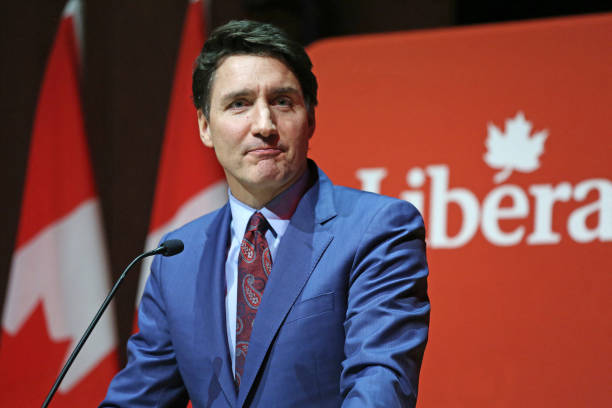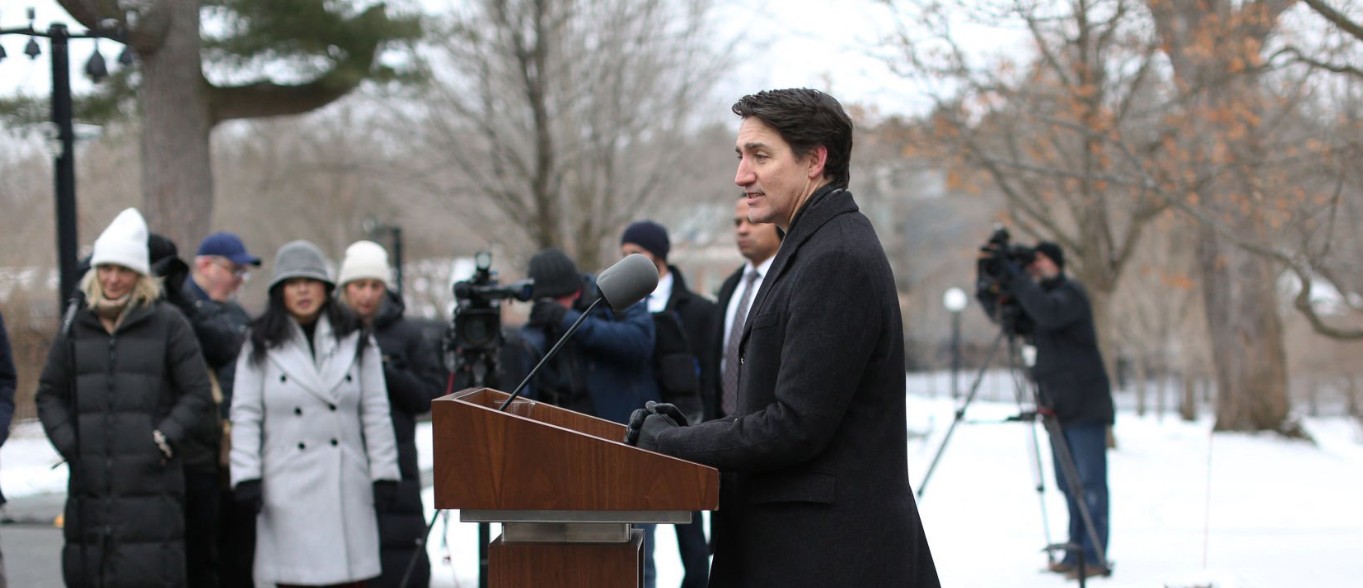Canadian Prime Minister Justin Trudeau is reportedly considering stepping down after nine years in office, according to a source familiar with his thinking.
While no final decision has been made, speculation about his departure is intensifying. The Globe and Mail suggests an announcement could come as early as Monday. Trudeau is scheduled to speak at 10:45 a.m. ET at Rideau Cottage, further fueling speculation about his political future.
This potential departure comes at a critical time for the Liberal Party, which faces bleak polling numbers against the official opposition Conservatives. An election must be held by late October, and Trudeau’s exit could leave the party without a permanent leader during a crucial period.
Political and Economic Repercussions
News of Trudeau’s possible resignation has already impacted financial markets. The iShares MSCI Canada ETF saw a 1.8% uptick in U.S. premarket trading, while the Canadian dollar rose nearly 1% against the U.S. dollar.
However, the political ramifications could be more significant. Trudeau’s leadership has been under increased scrutiny, with growing discontent among Liberal parliamentarians following a series of poor election results and declining public support.
Mounting Pressure to Resign
Trudeau’s political journey began in 2013 when he revitalized a struggling Liberal Party, leading it to a decisive victory in 2015.
Promising progressive policies and “sunny ways,” he quickly became a symbol of change. However, the challenges of governing, including the COVID-19 pandemic and economic turmoil, have eroded his popularity.

Liberal Party faces leadership crisis as polls favor opposition Conservatives in the upcoming election.
Recent controversies, such as the failed attempt to demote Finance Minister Chrystia Freeland, have further strained his leadership.
Freeland’s resignation in December and her criticism of Trudeau’s “political gimmicks” added fuel to the fire. Calls for Trudeau to step aside have since grown louder, with many Liberals urging a leadership change to rejuvenate the party’s prospects.
The Road Ahead for Canada
If Trudeau resigns, the Liberals will face the daunting task of selecting a new leader while navigating an election campaign.
Finance Minister Dominic LeBlanc has been floated as a potential interim leader, though this remains uncertain. The situation also raises questions about Canada’s ability to maintain stable governance as it prepares to address pressing issues, including relations with the U.S. and ongoing economic challenges.
As the political landscape shifts, all eyes are on Trudeau’s next move. Whether he steps down immediately or stays on until a new leader is chosen, his decision will undoubtedly shape Canada’s political future.











































